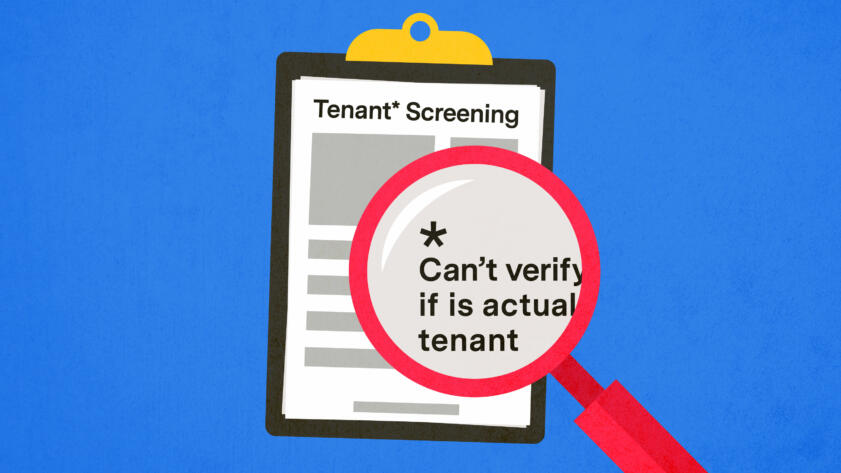Tenant screening is one of the most important steps a landlord or property manager can take to protect their rental investment. In California, however, strict laws govern what information landlords can use and how they must handle tenant applications. Making a mistake could result in hefty fines or a lawsuit.
Why Legal Tenant Screening Matters
Tenant screening helps landlords find reliable tenants who pay on time, care for the property, and follow lease terms. But landlords must balance due diligence with compliance. California’s Fair Employment and Housing Act (FEHA) and the federal Fair Housing Act (FHA) prohibit discrimination and regulate how you collect and use applicant information (DFEH, 2023).
What You Can (and Can’t) Ask on a Rental Application
You CAN ask about:
- Rental history
- Employment and income verification
- Credit history and score
- Criminal background (with restrictions)
You CANNOT ask about:
- Race, religion, gender, marital status, disability, or sexual orientation
- Immigration status
- Arrests not leading to convictions (HUD, 2022)
Always apply the same criteria equally to all applicants to avoid discrimination claims.
California Tenant Screening Fee Limits
As of 2025, the maximum application screening fee a landlord can charge is approximately $63.25. This amount is adjusted annually based on the Consumer Price Index. Landlords must provide applicants with a receipt and return any unused portion if the screening isn’t conducted (California Civil Code §1950.6).
Credit and Background Checks
Under the California Investigative Consumer Reporting Agencies Act (ICRAA), landlords must:
- Obtain written consent before screening
- Provide a copy of the report upon request
- Notify applicants of any adverse action taken based on screening results (ICRAA, Civil Code §1786)
Partnering with a professional tenant screening service ensures compliance and consistency in your rental process.
Using Legal Screening Criteria
Stick to objective criteria such as:
- Minimum credit score (e.g., 650+)
- Monthly income (e.g., 3x the rent)
- No evictions or judgments in past 5 years
Clearly state your criteria in rental listings and application forms to promote transparency and protect yourself from claims of bias.
Common Mistakes to Avoid
- Rejecting applicants based on protected characteristics
- Asking about immigration status or prior arrests
- Applying different standards to different applicants
Even well-meaning landlords can run afoul of fair housing laws. When in doubt, consult a professional or legal advisor.
Final Thoughts
Tenant screening is one of the most critical parts of owning a rental property in California, and it must be done correctly. With strict legal requirements and high risks of litigation, landlords must follow a fair, documented, and consistent screening process.
At PMI South OC, we take the guesswork out of tenant placement. Our proven screening system ensures compliance with all state and federal laws while helping you select the most qualified tenants. From credit and background checks to rental history and income verification, we manage every step of the process so you don’t have to.
Let us help you protect your investment. Contact us today to learn how we can streamline your leasing process and minimize risk.



